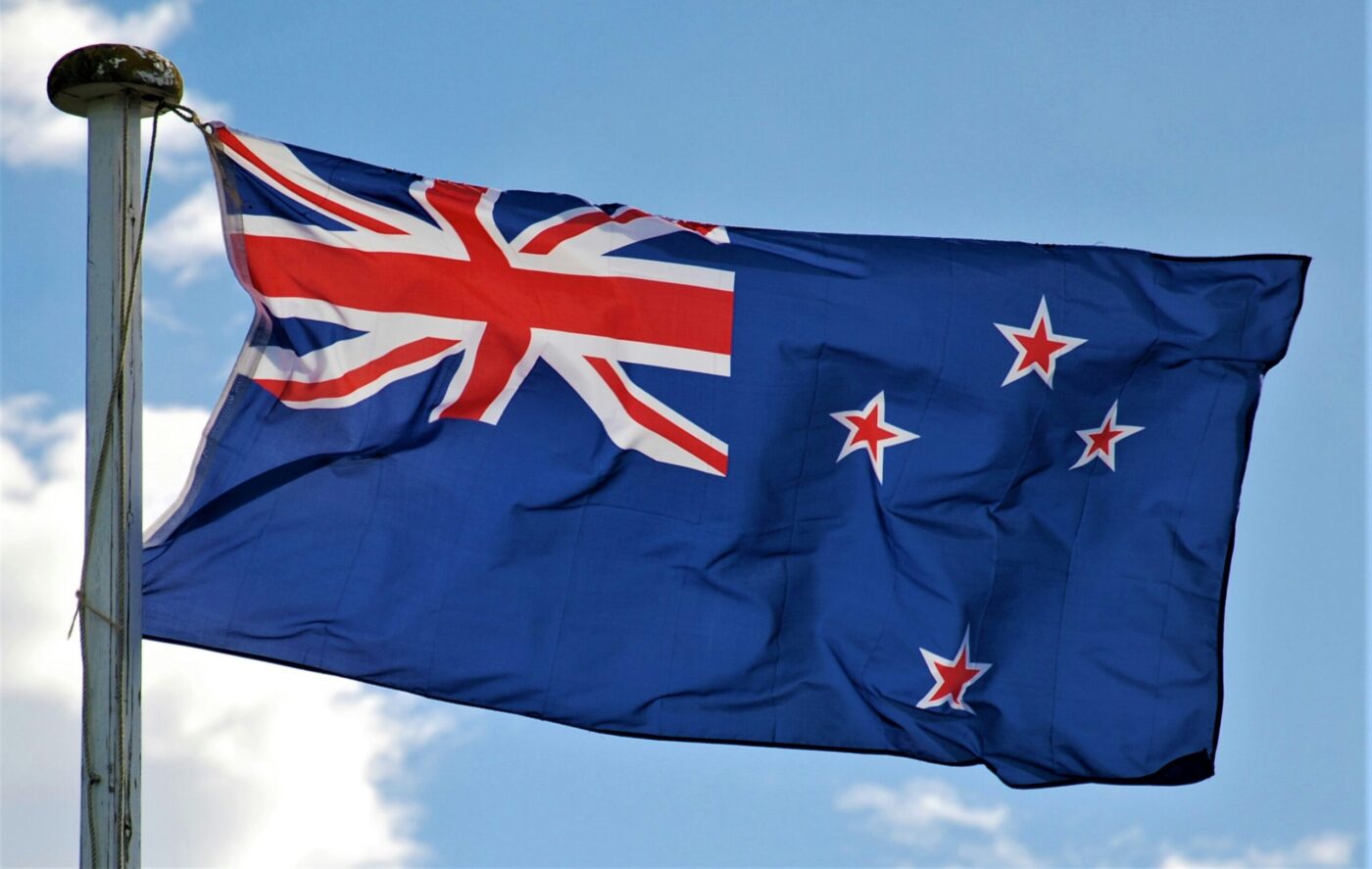
- By Parmjeet Parmar, Pakuranga-based ACT List MP
The case of three children facing deportation from New Zealand has sparked an emotional debate about whether ancestry should entitle someone to citizenship.
Their father, John Bryers Ruddock, points to a proud ancestry – back to a Treaty signatory, an All Black, and a celebrated singer – as grounds for his children to be recognised as New Zealand citizens.
Their story deserves compassion. No child should feel unwanted, and this has clearly been very stressful for the family.
However, the solution cannot be to reintroduce race as the test of who belongs. Citizenship must unify us under a common set of rights and responsibilities, not divide us into categories based on race.
History shows what happens when race is the yardstick of belonging. For generations, people were judged not by their character or choices but by the colour of their skin or their parents’ ethnicity.
It divided, dehumanised, and oppressed. The progress we’ve made towards judging people on who they are, rather than what they look like, came at enormous cost. To undo it now would open old wounds and create new tensions.
Many countries do recognise parental ancestry in their citizenship laws, but always through the same rulebook for everyone. If your parent is a citizen of Ireland, Italy, or New Zealand, you may also qualify for citizenship of these countries, regardless of your ethnicity.
That’s very different from saying one ethnic group alone should receive special treatment.
I know this personally. I was born and raised in India, but I am not an Indian citizen. My children, born here in New Zealand, cannot automatically claim Indian citizenship either.
The law is clear and consistent, applying to everyone. And I’m proud to be a New Zealand citizen, because my identity rests not on ancestry alone, but on the values, responsibilities, and opportunities that citizenship gives me.
New Zealand’s great strength is it strives to treat people equally, regardless of racial background. Our path forward lies in upholding fair, consistent rules that apply to all.
The children in this case should be treated with fairness and compassion, like every other child. But rewriting citizenship law along racial lines would take us backward into a darker chapter of history.
Let’s continue to judge each person by their actions, values, and commitment to this country, not their race. That is the only fair, forward-looking path for New Zealand.









